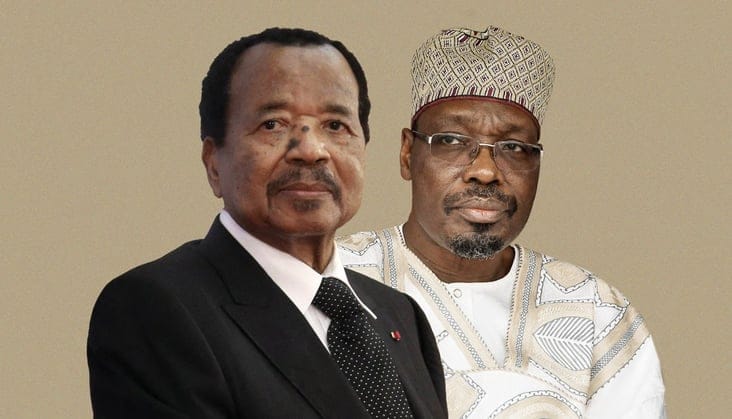Cameroon’s long-serving President Paul Biya may soon make history as the first sitting head of state to approach his 100th birthday while still in power, following a closely watched election that has stirred tension across the Central African nation.
Born in 1933, Biya has ruled Cameroon since 1982 — over four decades marked by political dominance, stability claims, and persistent criticism from opponents demanding democratic renewal. Preliminary results from the October 12 election indicate that Biya, now 92, is leading with just over 53% of the vote, according to figures reported by national media. His main challenger, Issa Tchiroma Bakary, secured about 35%, but has rejected the outcome and declared himself the winner.
Tchiroma, a former minister and longtime government ally turned rival, insists the vote was marred by irregularities. His statement has heightened uncertainty ahead of the Constitutional Council’s final ruling, expected by October 27.
The situation took an unexpected turn when Biya’s daughter, Brenda Biya, publicly urged voters not to support her father, accusing him of causing “too much suffering.” The video, shared widely on TikTok, shocked many Cameroonians and added to growing questions about succession within one of Africa’s oldest regimes.
Sources close to the ruling Cameroon People’s Democratic Movement (CPDM) say Biya’s team has reached out to the opposition for dialogue. According to insider reports, the president offered Tchiroma the post of prime minister — a proposal the opposition leader reportedly rejected, insisting on a full audit of the election results.
If Biya’s victory is confirmed, his next seven-year term would extend from 2025 to 2032, making him 99 by the time it concludes. Should his tenure continue into early 2033, he would mark his 100th birthday in office — an unprecedented moment in modern political history.
Supporters hail Biya as a symbol of continuity in a region often shaken by coups, while critics argue that his extended rule has stifled innovation and blocked generational change. For many Cameroonians, this election feels both historic and uncertain — a reflection of a nation caught between the weight of its past and the question of who leads next



